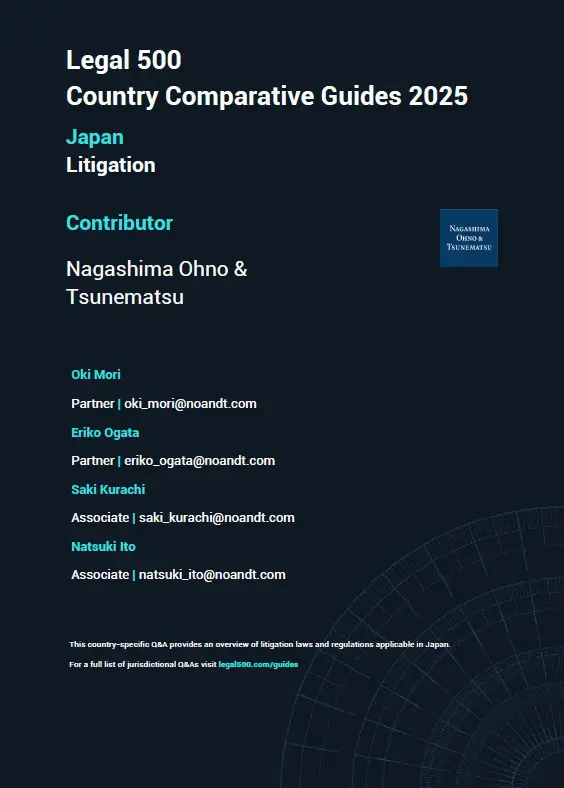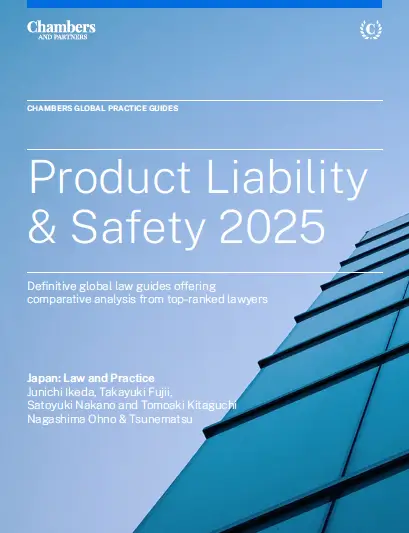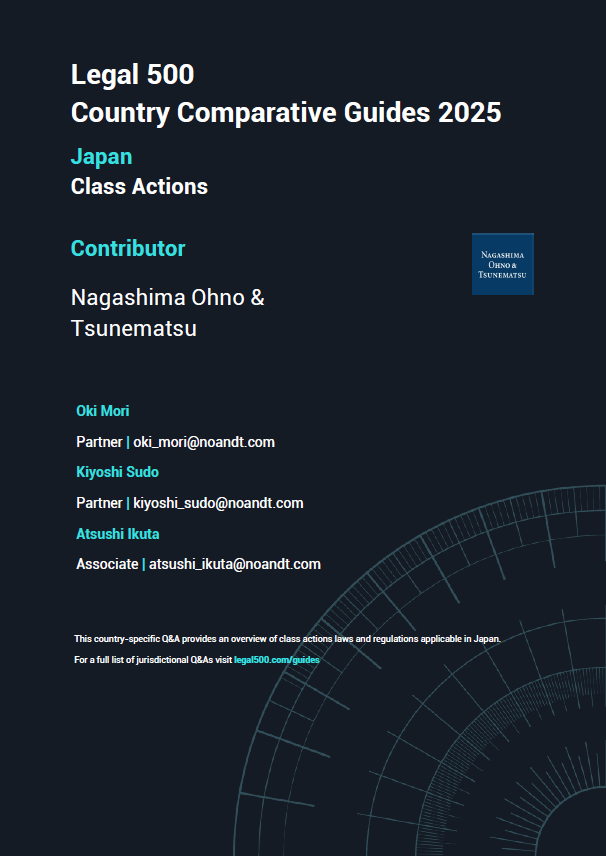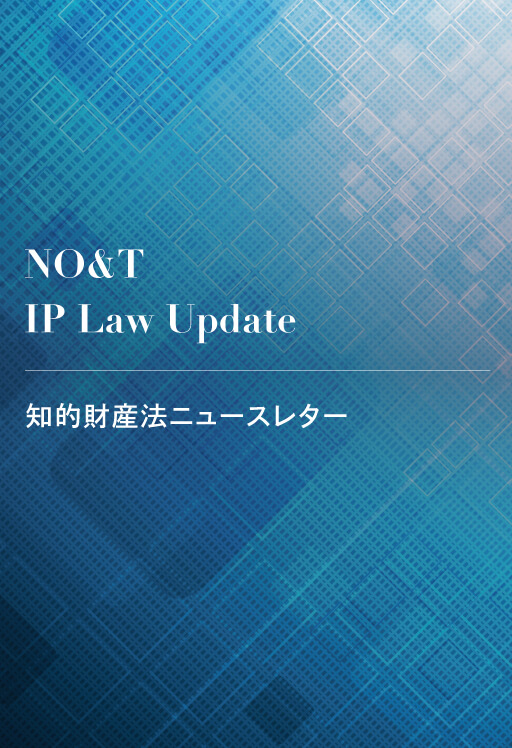
NO&T Asia Legal Review
On 24 May 2024, the Philippine Department of Trade and Industry (“DTI”) issued the implementing rules and regulations (“IRR”) of the Internet Transactions Act of 2023 (the “ITA”). The ITA was enacted on 5 December 2023 and aims to promote the growth of the e-commerce industry in the Philippines by building trust and providing safeguards for consumers and merchants engaged in internet transactions.
Prior to the passage of the ITA, administrative guidelines for online businesses were jointly issued by the DTI and other government agencies back in March 2022, signaling that authorities have since recognized the importance of the e-commerce industry and the increasing need to further regulate online commercial transactions. While it appears that the ITA draws on such guidelines in some aspects, it also introduces additional regulatory and enforcement measures that strengthen and unify the legal framework applicable to the e-commerce industry.
The ITA has extra-territorial application and applies to all business-to-business or business-to-consumer e-commerce transactions (whether for the sale or purchase of digital or non-digital goods or services) where at least one of the parties is situated in the Philippines, or the digital platform※1 (including e-marketplaces※2), e-retailer※3 or online merchant※4 is availing of the Philippine market or has minimum contacts therein.
The IRR defines “availing of the Philippine market” as any action that leads or indicates an intention to transact with persons or businesses located in the Philippines, such as advertising directed to the Philippine market, soliciting or receiving orders, making deliveries, or providing technical or customer support to customers in the Philippines.
Further, “minimum contacts”, which refers to any interaction with potential or actual customers within the Philippines regardless of residence or citizenship of such customers, is deemed established under the IRR if users in the Philippines are allowed to access and use the digital platform to exchange information, goods or services while in the Philippines.
Apart from the obligation to comply with data protection and other relevant laws, digital platforms, e-retailers and online merchants falling within the scope of the ITA are subject to the following responsibilities:
Digital platforms, including e-marketplaces, should among others:
In addition to the foregoing, before listing online merchants on their platform, e-marketplaces should (as far as practicable) require all merchants, whether local or foreign, to first register by submitting business registration documents, and relevant information such as address and contact details. Subject to certain exceptions※5, such information should be published by e-marketplaces on their platform for transparency, unless other means are established to facilitate communication between online merchants and customers or a link to DTI’s online business database※6 is provided.
On the other hand, e-retailers and online merchants, should among others:
As a special rule, an e-retailer should also publish on its homepage information as to its business name, address, and contact details, and establish accessible and efficient redress mechanisms for handling complaints of online consumers.
Without prejudice to other penalties imposable, in case of civil or administrative complaints relating to internet transactions, the e-retailer or online merchant is the party primarily liable to the online consumer. However, a digital platform may be held subsidiarily liable for damages when there is a failure on its part to observe ordinary diligence in complying with its obligations under the ITA, or in cases such as failure (after notice) to expeditiously remove or disable access to infringing goods or services. Further, if the failure to expeditiously remove or disable access involves goods or services that are prohibited by law, or imminently unsafe or dangerous, the liability of the digital platform will be solidary.
An online consumer has 2 years from the time the cause of action arose to claim damages or seek the imposition of administrative penalties under the ITA. However, an online consumer must first exhaust the internal redress mechanisms of the digital platform or e-retailer prior to filing any complaint before the courts or the DTI. It should be noted that the internal redress mechanism is deemed exhausted if a complaint remains unresolved after 7 calendar days from the filing thereof.
An E-commerce Bureau is created under the DTI whose functions include implementing and monitoring compliance with the ITA and its IRR, and investigating and recommending the filing of appropriate cases for violations of the ITA.
The DTI is tasked with developing an online dispute resolution platform to facilitate alternative modes of dispute resolution in resolving complaints and an online business database of digital platforms, e-retailers and online merchants engaged in e-commerce in the Philippines. The online dispute resolution platform is already operational※7, while the DTI has 1 year from the effectivity of the ITA to develop the online business database.
Some of the enforcement measures that may be exercised by the DTI include the authority (through the DTI Secretary) to issue compliance orders, as well as takedown orders directing the digital platform, e-retailer or online merchant to remove a listing or offer on a webpage or platform found after investigation or verification to be prohibited (e.g., selling counterfeit goods) or the subject of a cease and desist order, among others.
Other regulatory government agencies may also request a takedown order to remove an online listing or offer in violation of laws or regulations under their jurisdiction. Takedown orders shall remain in effect for a maximum of 30 days, unless extended or made permanent by court order.
The DTI may also establish a publicly accessible blacklist of websites, online applications, or accounts that violate a compliance order or are subject to a takedown order or cease and desist order. The blacklist shall be furnished to digital platforms and financial regulators. The DTI, at its own initiative or upon request, shall promptly remove an entry from such list after compliance or correction measures are satisfactorily addressed.
The DTI may also impose administrative fines as penalty for violations of the ITA, such as for (i) deceptive, unfair or unconscionable sales practices done through the internet (which fines shall be in addition to penalties imposed under the Consumer Act of the Philippines), (ii) willful or unreasonable refusal to comply with a takedown order, or (iii) failure of digital platforms or e-retailers to have in place internal redress mechanisms.
The amount of fines payable depends on the nature and frequency of the offenses and is detailed in the IRR. In any case, the penalty of administrative fines is without prejudice to damages and other liabilities that may be imposed under applicable laws.
All affected digital platforms, e-retailers and online merchants are given 18 months from the effectivity of ITA (i.e., until 20 June 2025) to comply with the requirements under the law. In the meantime, the implementation and enforcement of other applicable laws (e.g., consumer protection and data protection laws) will not be stayed during the transitory period.
The ITA plays a critical role in improving the standards of the Philippine e-commerce industry and addressing the gaps in existing legislation, which may have considered more traditional business models. As the responsibilities and accountability of parties to internet transactions are clarified, affected digital platforms, e-retailers and online merchants should assess their current online business practices and comply with the ITA before the transitory period ends.
*1
Refers to information and communication technology-enabled mechanisms that connect and integrate producers and users in online environment. These include, but are not limited to, mobile application platforms, online delivery platforms, social media platforms and travel platforms.
*2
Refers to digital platforms whose business is to connect online consumers with online merchants, facilitate and conclude the sales, process the payment, facilitate the shipment, or provide logistics and post-purchase support within such platforms, and otherwise retain oversight over the consummation of such transaction.
*3
Refers to persons (natural or juridical) selling goods or services directly to online consumers through its own website, webpage or application.
*4
Refers to persons selling non-financial goods or services to online consumers through an e-marketplace or third-party digital platform. An e-retailer offering the same goods or services outside its own website and through a third-party digital platform shall also be considered an online merchant.
*5
Exceptions on information to be published are government identification cards or business registration documents, among others.
*6
Refers to the online business database to be established by the DTI’s E-commerce Bureau within 1 year from the effectivity of the ITA.
*7
Please refer tohttps://podrs.dti.gov.ph/#/home
This newsletter is given as general information for reference purposes only and therefore does not constitute our firm’s legal advice. Any opinion stated in this newsletter is a personal view of the author(s) and not our firm’s official view. For any specific matter or legal issue, please do not rely on this newsletter but make sure to consult a legal adviser. We would be delighted to answer your questions, if any.


(August 2025)
Oki Mori, Akiko Inoue (Co-author)


(July 2025)
Oki Mori, Eriko Ogata, Saki Kurachi, Natsuki Ito (Co-author)


(June 2025)
Junichi Ikeda, Takayuki Fujii, Satoyuki Nakano, Tomoaki Kitaguchi (Co-author)


(June 2025)
Oki Mori, Kiyoshi Sudo, Atsushi Ikuta (Co-author)


(August 2025)
Oki Mori, Akiko Inoue (Co-author)


(June 2025)
Junichi Ikeda, Takayuki Fujii, Satoyuki Nakano, Tomoaki Kitaguchi (Co-author)


(June 2025)
Oki Mori, Kiyoshi Sudo, Atsushi Ikuta (Co-author)


Yothin Intaraprasong, Chattong Sunthorn-opas, Thunsinee Sungmongkol (Co-author)


Hoai Truong


(August 2025)
Keiji Tonomura, Yoshiteru Matsuzaki (Co-author)


(July 2025)
Ryo Okubo, Yu Takahashi, Uchu Takehara, Naoto Obara (Co-author)


(June 2025)
Keiji Tonomura, Yukiko Konno, Minh Thi Cao Koike, Yoshiteru Matsuzaki (Co-author)


(August 2025)
Keiji Tonomura, Yoshiteru Matsuzaki (Co-author)


(April 2025)
Keiji Tonomura, Akira Komatsu (Co-author)


Poonyisa Sornchangwat, Kwanchanok Jantakram (Co-author)


Kenji Tosaki, Takahiro Hatori, Nozomi Kato (Co-author)


Claire Chong, Nozomi Kato (Co-author)


Yuan Yao Lee


Hoai Truong


Nopparak Yangiam, Parot Promkam (Co-author)


Claire Chong, Nozomi Kato (Co-author)


Yuan Yao Lee


Hoai Truong


Nopparak Yangiam, Parot Promkam (Co-author)


Patricia O. Ko


Patricia O. Ko


Patricia O. Ko


Patricia O. Ko